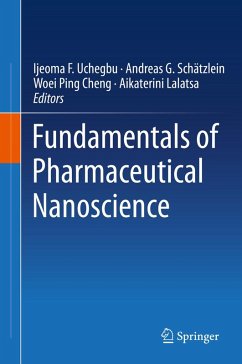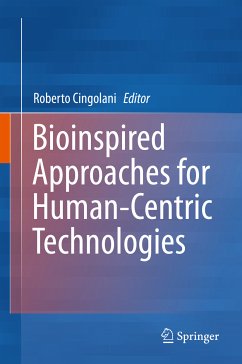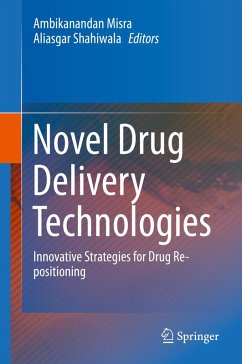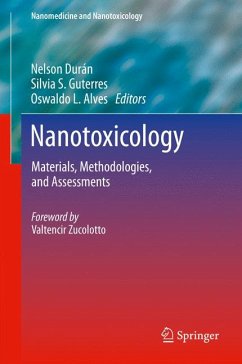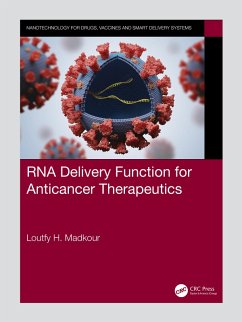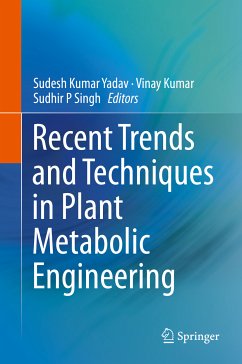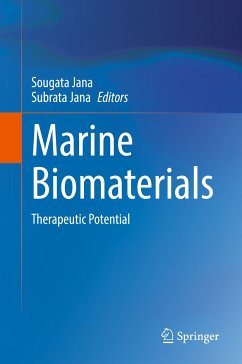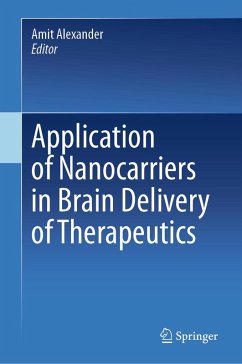Prof. Sougata Jana is working at the Department of Pharmaceutics, Gupta College of Technological Sciences, under Maulana Abul Kalam Azad University of Technology (formerly known as West Bengal University of Technology), West Bengal, India. He is an M. Pharm (Pharmaceutics) from Biju Patnaik University of Technology (BPUT), Odisha, India. He is engaged in research for 9 years and that of teaching for 8 years. He qualified GATE examination in the year 2005. He received 'Gold Medal' from West Bengal University of Technology (WBUT), Kolkata for standing first at UG level. IPA Bengal branch, Kolkata, India conferred him 'M.N Dev Memorial award' for securing the highest marks in the state of West Bengal in the year 2005. He bragged 'Best Poster Presentation Award' at 21st West Bengal State Science and Technology Congress-2014, Burdwan, West Bengal, India. He published 24 research papers in different national and international peer reviewed journals. He is edited in one book 'ADVANCE Pharmaceutical Analytical Technique' under Pharmamedix India Publication Pvt. Ltd. Twenty chapters are also in his credit in Wiley VCH, CRC Press, Taylor & Francis group, Elsevier, etc.. He is reviewer of various international journals such as Elsevier, Wiley, Springer, Taylor and Francis, Dove Press etc. He is a life member of Association of Pharmaceutical Teachers of India (APTI). He successfully guided 15 postgraduate students for their research projects. He is working in the field of drug delivery science and technology including modification of synthetic and natural biopolymers, microparticles, nanoparticles, semisolids and interpenetrating network (IPN) system for controlled drug delivery. Prof. Subrata Jana obtained his PhD in organic chemistry from Indian Institute of Engineering Science and Technology (IIEST), Shibpur, India. His doctoral work was based on design and synthesis of abiotic receptors for the recognition of biologically active neutral molecules and ions along with development synthetic methodologies. He is also studied the recognition process in solution phase as well as in solid state. Overall he extensively studied on supramolecular behaviour of the host-guest interaction. Besides, he has worked on the development of synthetic methodologies for substituted heterocyclics like pyrimidines, naphthyridines, quinoline and diazepines etc. by exploiting microwave protocol for green chemical synthesis. After that he moved to University of Victoria, Canada, to work with Dr Fraser Hof on supramolecular and medicinal chemistry as a post-doctoral fellow, where he worked on the synthesis of different receptors targeting N-methylated protein residue along with anions. He then worked further with Dr Kenneth J Woycechowsky at University of Utah, USA, on protein engineering and enzyme catalysis as post-doctoral research associate. He studied of enzyme activity when it is encapsulated inside the capsid which is a nano carrier and an excellent delivery vehicle for important biological substrate including drug molecules. Presently, he is working as Associate Professor at Department of Chemistry, Indira Gandhi National Tribal University, Amarkantak, Madhya Pradesh, India and his current research focuses on design and synthesis of artificial receptors for the recognition of anions, cations and N-methylated protein residue. He is also working on biodegradable polymeric based carrier systems for the delivery of drug molecules by collaboration with pharmaceutical scientist. So far he has published ~40 research paper in peer reviewed international journals and contributed more than 10 book chapters in different edited books published by internationally renowned publishers. He also serve as editorial board member for the Journal of PharmaSciTech (ISSN: 2231 3788) and International Journal of Scientific and Engineering Research (ISSN: 2229-5518) as well as reviewer for International Journal of Biological Macromolecule (Elsevier), Journal of PharmaSciTech and Current Pharmaceutical Design (Bentham).






